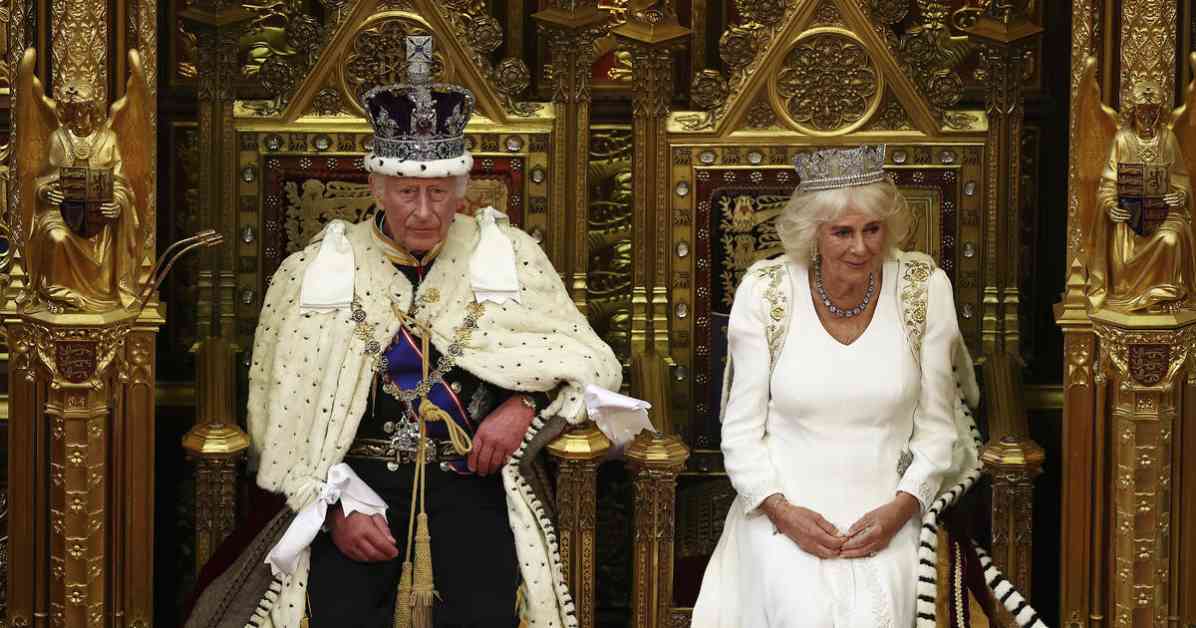The recent investiture ceremony in Dawson City, Canada, took an unexpected turn when five newly elected councilors refused to swear allegiance to King Charles III of Britain. This refusal goes against a legal requirement in the northwestern Yukon territory, where Dawson City is located. According to the Yukon’s Municipal Act, councilors must swear an oath of allegiance to the British monarch, who is still the official head of state of Canada, even though the monarchy holds no real power in the country.
The decision to abstain from pledging allegiance to King Charles III was made collectively by the councilors, with one member expressing concerns about the historical relationship between the Crown and First Nations in Canada. While four councilors took their oaths of office during the ceremony, the fifth member is expected to do so upon returning from vacation. However, all five councilors agreed not to swear allegiance to the British crown.
This collective refusal is uncommon, as stated by Yukon Director of Community Affairs Samantha Crosby, who is working to find a solution that would prevent the need for a by-election in Dawson City. While the requirement to swear allegiance is mandated in the municipal act, the specific language of the oath is outlined in a regulation, which allows for quicker changes compared to amending legislation.
King Charles III serves as the official head of state for several former British colonies, including Canada. However, his reign has been met with criticism from Indigenous communities worldwide, highlighting the complex legacy of colonialism. In a recent incident in Australia, the king was confronted by a lawmaker accusing him of complicity in the genocide of the nation’s Indigenous people.
The debate around the monarchy’s role has also sparked discussions in Canada, with a poll showing a majority opposing recognizing Charles as the country’s head of state. Despite efforts to make the oath of allegiance optional through legislative means, a recent bill proposing this change was defeated in Parliament.
The refusal of Dawson City councilors to swear allegiance to King Charles III raises questions about the ongoing relevance of the monarchy in Canada and the broader implications for the relationship between colonial history, Indigenous rights, and national identity. As discussions around decolonization and sovereignty continue, the actions of these councilors reflect a growing movement towards reevaluating traditional ties to the British monarchy in a modern Canadian context.


















